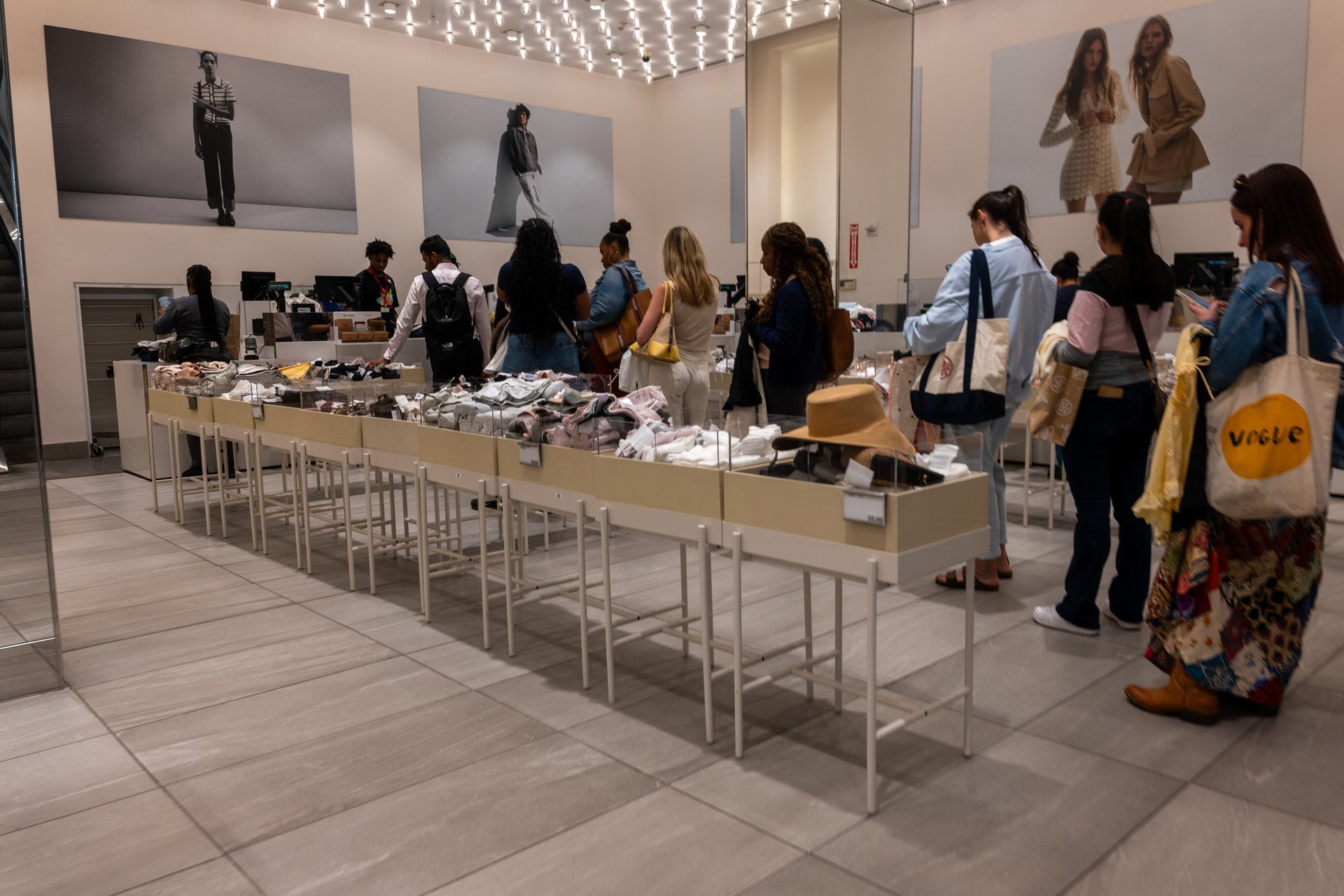Consumer confidence rebounds after months of tariff fears
Experts say the respite might be short-lived with tariffs still affecting economy

Consumers’ attitudes about the U.S. economy improved in April as trade tensions eased.
Suggested Reading
The latest survey of consumers from the Conference Board released on Tuesday indicated consumer confidence was rebounding, breaking a five-month slump. It leapt to a score of 98 in April compared to 85.7 a month earlier, sharply overtaking economists’ expectations. (A score of 100 equals the benchmark score for 1985.) The gains in consumer confidence was spread out among all income and age groups, the Conference Board said.
Related Content
White House officials cheered the survey’s positive findings. White House director of communications Steven Cheung called it “THE TRUMP EFFECT” in an X post.
Since early last month, the Trump administration has retreated from imposing its most punishing tariffs on China after sending major tremors across the U.S. economy and other major financial markets. However, President Trump has maintained 10% tariffs on imports from most countries.
Trump is still pursuing trade deals and threatening tariffs on countries — and companies — that he deems to be rigid and unfair. He paused on his threats to impose a 50% tariff on imports from the European Union in the interest of locking in a trade agreement by early July.
Experts say the respite from consumers’ darkening outlook towards the U.S economy might be short-lived, particularly since the impact of the tariffs are still being felt throughout the economy.
“Trade uncertainty continues to weigh heavily on consumers and businesses. Economic growth expectations would likely improve if the administration removed tariff anxiety,” Jeffery Roach, chief economist for LPL Financial (LPLA), said in a research note. “For now, trade policy is the main contributor to volatility in capital markets and it appears these conditions will continue in the near term.”
A separate report from the Commerce Department showed a fresh sign of businesses demonstrating caution and holding back their spending. Core capital goods orders, a closely-watched benchmark that excludes aircraft orders and military equipment, fell 1.3% in April.